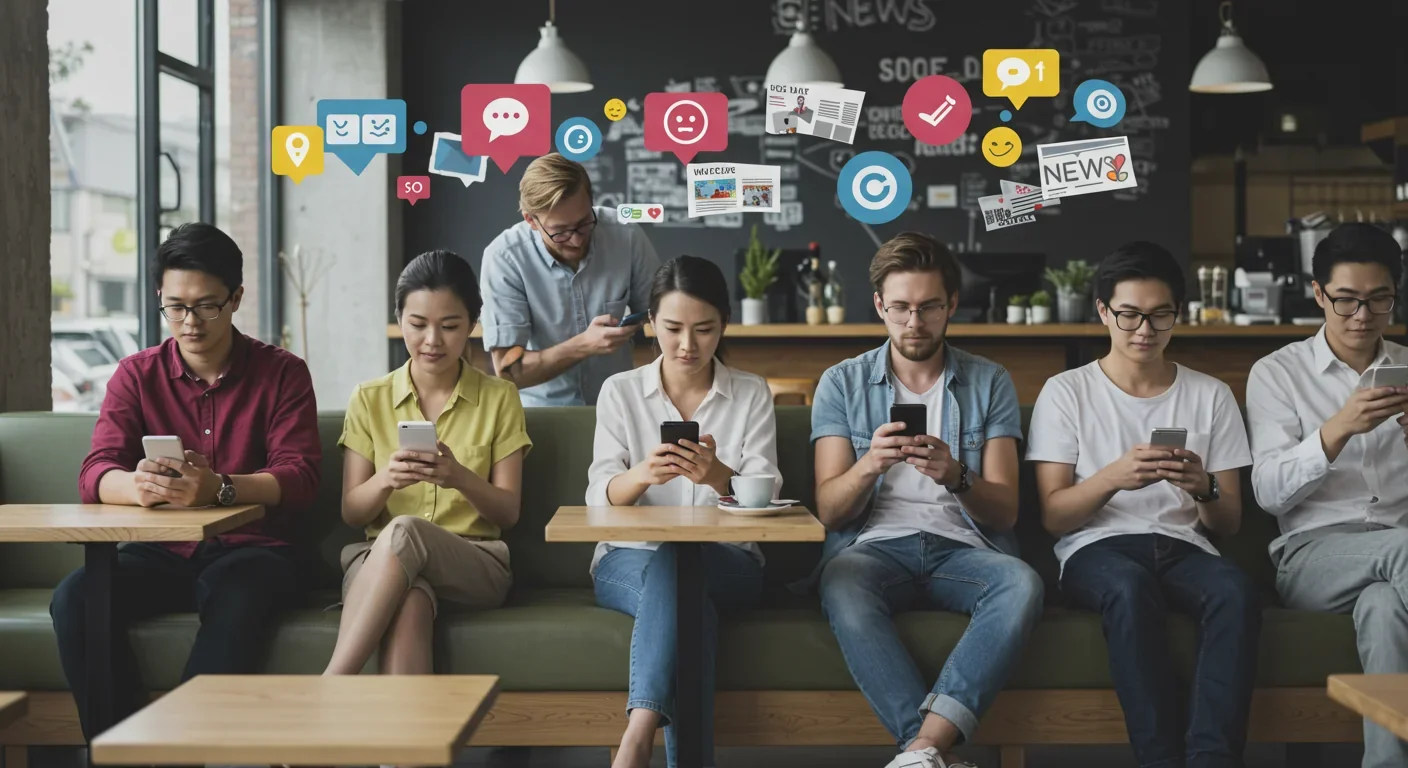How Cognitive Biases Hijack Your Decisions
Your brain relies on mental shortcuts called cognitive biases that helped ancestors survive but now lead to flawed decisions in modern life. By understanding the top five biases and implementing practical counter-strategies, you can make more rational choices.



